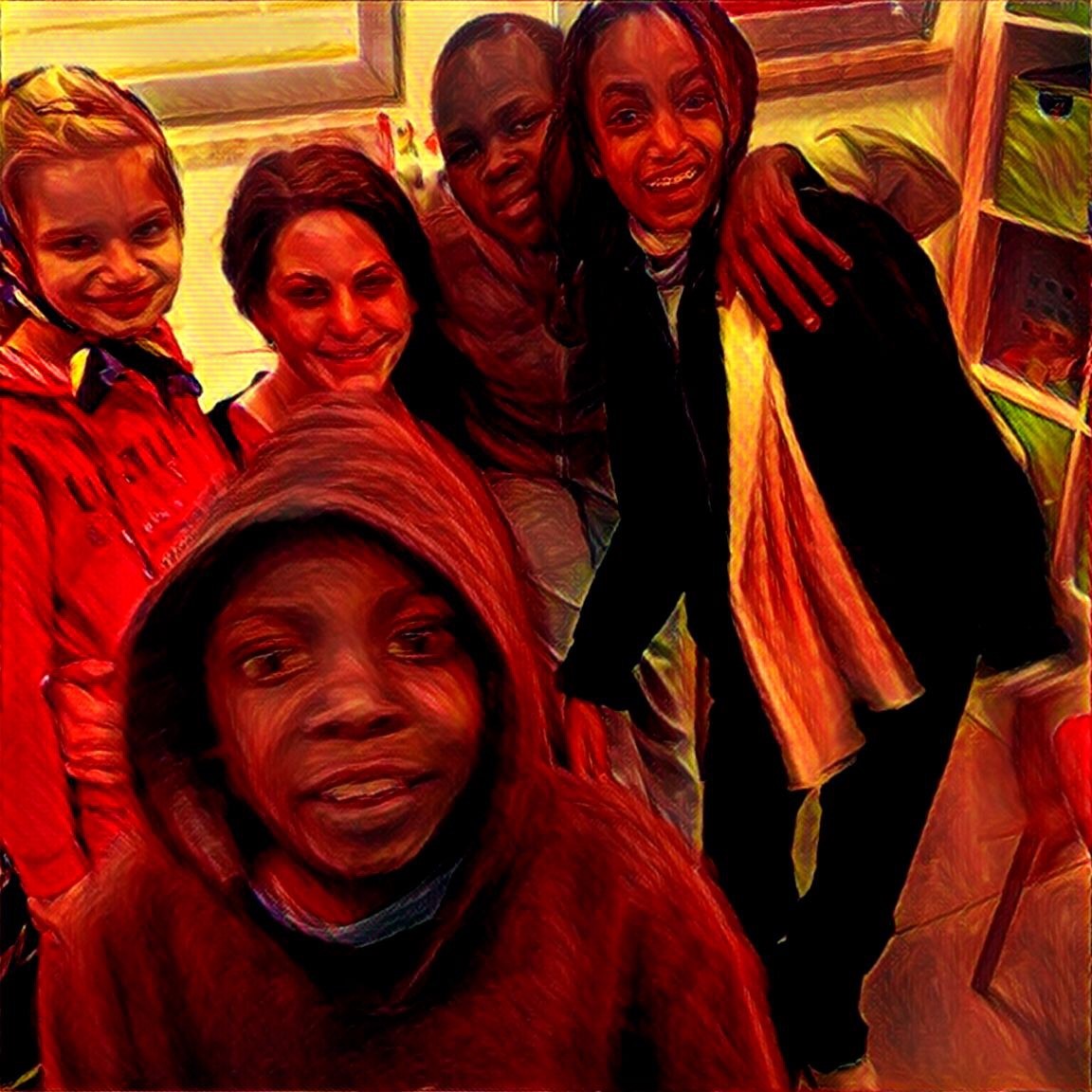
A little over two years ago I traveled to Israel. My journey left me with more questions than I’d had before and few, if any, answers. The region is so historically, culturally and politically meaningful that my very bones felt more significant just for having visited.
As I strolled the streets of Jerusalem I could not help but feel humbled, wandering in a city as old as time itself. As I drank Goldstar in a bomb shelter turned bar on a Kibbutz in the Northern District, I could not help but wonder about the bullet holes in the wall—how and when they got there and who was in their path. As I hiked The Golan Trail, a region of hotly contested land between Israel and Syria, I marveled at the striking scenery while watching for warnings of active minefields.
I rode a camel in the Negev Desert. I floated in the Dead Sea. At Mount Herzl, Israel’s military cemetery, I wept at the graves of those who died at the age I was when I was too hungover to attend Greek History my freshman year of college. I visited a winery, a hot springs, and stayed a while with the Bedouins. I ate with my hands. I smoked hookah. Tzfat inspired me. Tel Aviv astounded me.
And yet, I never lost sight of the region’s fragile semblance of peace. Israelis do not even pretend to live under the illusion of safety, always alert, prepared and willing to sacrifice.
Still, the many Israelis I met could not stop talking about how the monopoly on cell phone carriers had just ended, how their bills would decrease and their coverage would improve. I was struck, in the most profound of ways, by how uncomplicated this notion was in the land that has provided the most complex and convoluted set of circumstances in human history.
On my last day in Israel I visited an agency that provides life-saving pediatric care and heart surgery to children from developing countries where such surgeries are unavailable. I myself am a survivor of Congenital Heart Disease. To date I have had four heart surgeries, including a pacemaker implantation.
None of the children I met spoke English. None of them spoke Hebrew, either. A few of them spoke tribal dialects so obscure, no translator even existed to decipher their words. Yet when I pulled down the top of my shirt to reveal my own open heart surgery scar, the children gathered around me. Some were waiting for surgery and some were recovering from surgery, and in that moment all of them had hope. For survival. For recovery. For growing up.
As I left the children followed me, grabbing hold of my legs and pulling on my arms, their smiling cheeks soaked with tears. I doubt if even one of those children understood the nature of their heart conditions on account of poor translation and lack of access to basic education. I suspect none of them knew that children born with Congenital Heart Disease face certain death before the age of 20 without surgical intervention.
But what those children did know and what I am grateful to have learned that day was the language of human. The language of human does not need letters. It does not need words. It does not need a written form. It does not need rules.
The language of human simply needs one human, and then another.
Thank you for these beautiful words. I had always thought of this as a place I would never want to visit. Thanks to your insightful and articulate post, I’m adding it to my bucket list. High five from Texas!